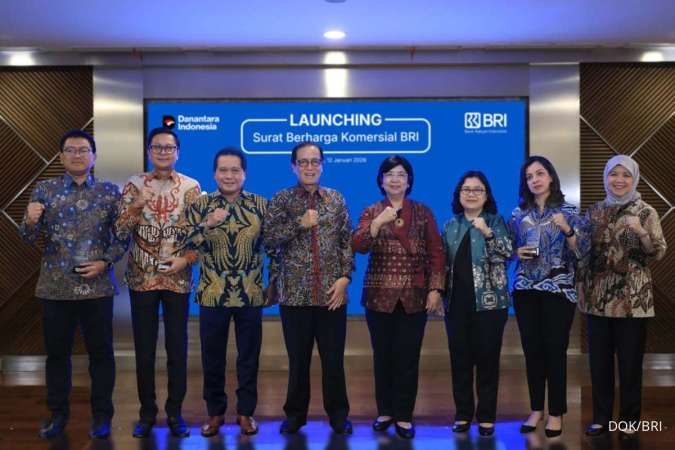KONTAN.CO.ID - TOKYO. A US$ 94 billion emergency fund that can be tapped without parliamentary oversight has been branded Japanese Prime Minister Shinzo Abe's "pocket money" by opposition lawmakers alarmed at its unprecedented size. Abe has said the 10 trillion yen (US$ 94 billion) will allow the government to move swiftly to mitigate the impact of the coronavirus outbreak - a "once in a century crisis" which has devastated the economy. "We'll report to parliament how we spend the money as needed and at the appropriate time," Abe told parliament on Friday.
Japan's $ 94 billion reserve to combat pandemic sparks ire as PM Abe's 'pocket money"
KONTAN.CO.ID - TOKYO. A US$ 94 billion emergency fund that can be tapped without parliamentary oversight has been branded Japanese Prime Minister Shinzo Abe's "pocket money" by opposition lawmakers alarmed at its unprecedented size. Abe has said the 10 trillion yen (US$ 94 billion) will allow the government to move swiftly to mitigate the impact of the coronavirus outbreak - a "once in a century crisis" which has devastated the economy. "We'll report to parliament how we spend the money as needed and at the appropriate time," Abe told parliament on Friday.

